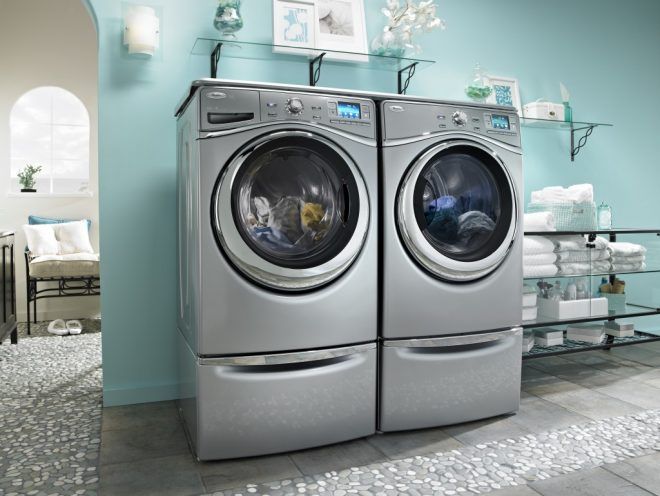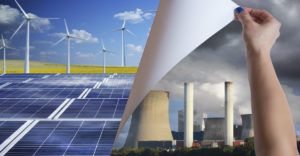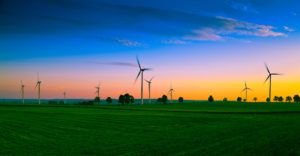
Page Contents
Advertiser Disclosure: At ElectricityRates.com, our number one goal is to help you make better energy decisions. We adhere to strict editorial guidelines, however this post may include references to products offered from our partners.

Whether you live by yourself or have a family of 10, doing the laundry can really run up your monthly energy bill. We all know it's a necessity for keeping our clothes and other fabrics clean but few of us take into account how much it costs every time we dry our clothes. Depending on your energy rates and what type of dryer you have, it can cost up to 50 cents every time you dry a load of clothes. That could add up to hundreds of dollars per year if you are someone that does a lot of laundry. However, by educating yourself on the different types of dryers on the market you can save yourself some money in the long run.
Electric Dryers
Almost all machine dryers have the same inner workings with a small motor that rotates a drum with an electric fan that produces heat to dry the clothes. However, there are two different energy sources that power these machines: electricity and gas.
The vast majority of electric dryers operate on a240-volt outlet which is twice the standard household outlet of 120-volt current. Due to this high voltage, you will want to make sure your circuit breaker is properly labeled as these can sometimes cause it to trip if there are too many electric outlets running at the same time. If you shop around, you will find that most electric dryers cost less than gas dryers for the same capacity. Also, if you have a 240-volt outlet already installed in your laundry room, installation of an electric dryer is pretty straight-forward and simple.
Gas Dryers
There are two types of gas dryers: natural gas and propane gas. Both use a gas burner to produce heat when drying clothes. So, before you get too far into the buying process of a gas dryer, you will want to make sure you have a gas connection installed in your laundry room.
If you don't have a gas connection, you will have to contact your utility to get one installed. Depending on your utility and other home factors, these installations can be expensive and should be factored into the price. Gas dryers will typically run about $75-$100 more than electric dryers for the same capacity due to more expensive parts for operation. However, the higher up-front costs of these dryers pay for themselves in the long run.
Which Dryer to Choose?
There is no universal answer as to which type of dryer is best for your needs. There are many factors that should be taken into account including your family needs, your budget, and installation costs. If you already have a connection for one of these types of dryers and not the other, then this decision may be easy for you. However, if you have or can get both electric and gas hook-ups, there are a few factors that can help you make the decision.
While gas dryers will cost more up-front, they typically require about half the energy to use than electric dryers. On average, electric dryers cost between 30-45 cents per load of laundry while gas dryers cost between 15-30 cents. If time is a factor, gas dryers typically run hotter and produce more heat which dries clothes fast than electric dryers. So if getting a lot of laundry done in a short amount of time is important to you than a gas dryer is the way to go.
So, the typical family that does a couple loads of laundry per week will make up the up-front costs of a gas dryer in a couple months by saving on their energy bill. Remember, while gas dryers are typically more energy-efficient than electric dryers, it doesn't mean they are always the most cost effective for your specific home. Make sure you factor in installation costs before deciding on one or the other. If energy efficiency is important to you, make sure you look for an "Energy Star" rating when shopping for your next dryer. These dryers typically have a heat pump that can regulate the amount of energy used and a moisture sensor that will stop the dryer once the clothes are dry to reduce unneeded run-time.


